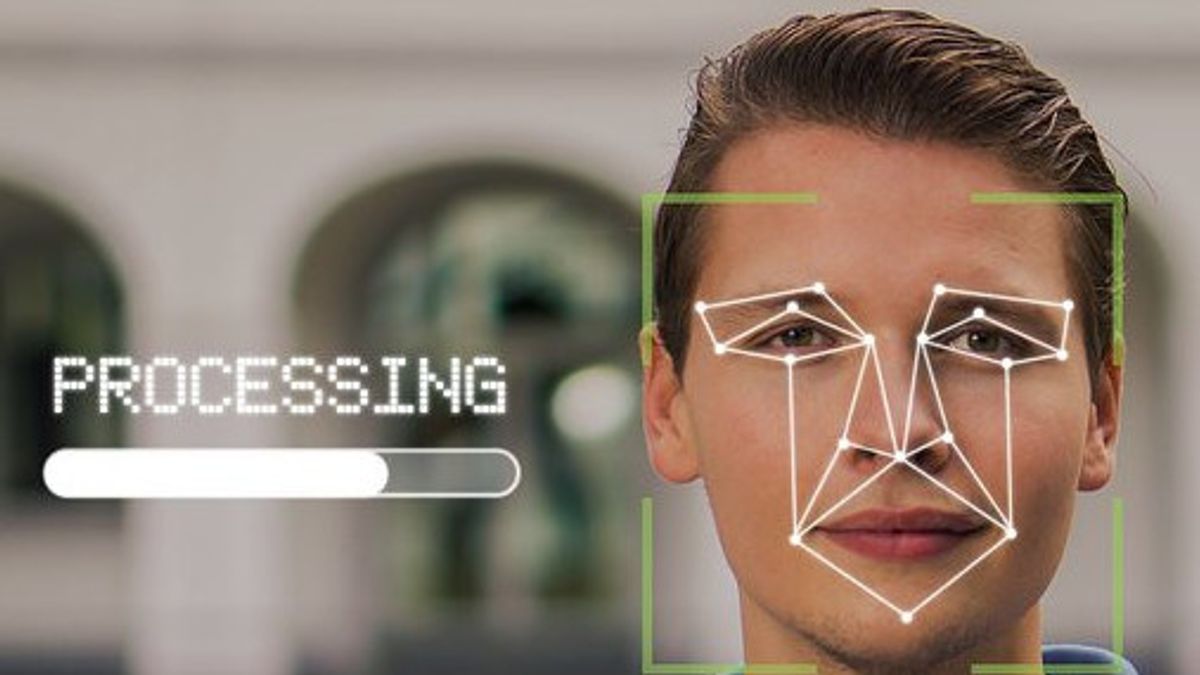JAKARTA - Regulation of facial recognition technology has sparked debate among the world's largest technology companies. Alphabet's Google CEO Sundar Pichai suggested a temporary ban, as recently suggested by the EU. Meanwhile, Microsoft's Chief Legal Officer, Brad Smith, warned against such intervention.
"I think it's important for governments and regulations to deal with it sooner rather than later and provide a framework for that," Pichai said at a conference in Brussels on Monday, December 19 as quoted by Reuters. "This could be soon but there may be a waiting period before we really think about how it can be used. It's up to the government to chart the course."
But in an interview published last week, Smith, who also serves as Microsoft's CLO, rejected the idea of a moratorium. “This is a young technology. It will get better,” he was quoted as saying by The Verge.
"Look, you can try to solve the problem with a butcher's knife or scalpel," Smith told NPR when asked about a possible ban on facial recognition technology.
“And, you know, if you can solve problems in a way that allows good things to be done and bad things to stop happening... That does take a scalpel. This is a young technology. It will get better. But the only way to make it better is to keep improving it. And the only way to continue to grow it is to get more people to use it,” said Smith.
The comments by the two executives come as the EU mulls a five-year ban on the use of facial recognition technology in public spaces. The EU proposal, which was leaked to the press last week and is subject to change when it is officially announced, says a temporary ban on facial recognition technology will give governments and regulators time to assess the dangers of the technology.
Around the world, law enforcement and private companies are increasingly using facial recognition technology to identify people in public spaces.
While proponents argue that the technology helps solve crimes, critics say its uncontrolled adoption undermines civil liberties and leads to increased discrimination due to algorithmic bias.
Facial recognition is a key technology used by the Chinese government to suppress the Uighur Muslim minority. The country even sells the same technology to other repressive regimes around the world.
In the US, facial recognition technology is increasingly being used by police through small contractors. A recent report from the New York Times describes a facial recognition system that can search 3 billion photos taken from websites like Facebook without user consent, and is used by more than 600 local law enforcement agencies.
Pichai's comments this week are significant because Google itself refuses to sell facial recognition technology to customers citing fears of mass abuse and surveillance. Although previously not filed for a ban.
Writing for an editorial in The Financial Times last Monday, Pichai advocated greater regulation of artificial intelligence.
SEE ALSO:
"There is no question in my mind that artificial intelligence needs to be regulated," he wrote. Companies like we can't simply build new technology that promises and let market power decide how technology will be used."
Chinese police
So far, the market has dictated the rules, while the big tech companies have taken a different stance on the matter. Microsoft sells facial recognition technology but has self-imposed limitations. For example, they let the police use the technology in prison but not on the street, and don't sell it to the immigration service.
Amazon is passionately pursuing police partnerships, especially through its video doorbell, which critics say gives law enforcement access to its massive crowdsourced surveillance network.
In the US, it seems impossible to make a nationwide ban enforceable. Several American cities such as San Francisco and Berkley have independently banned the technology, but the White House has cited the move as an example of breach of regulation.
The US government has indicated it wants to take a hands-off approach to regulation of AI, including facial recognition, in the name of spurring innovation.
The English, Chinese, Japanese, Arabic, and French versions are automatically generated by the AI. So there may still be inaccuracies in translating, please always see Indonesian as our main language. (system supported by DigitalSiber.id)

















